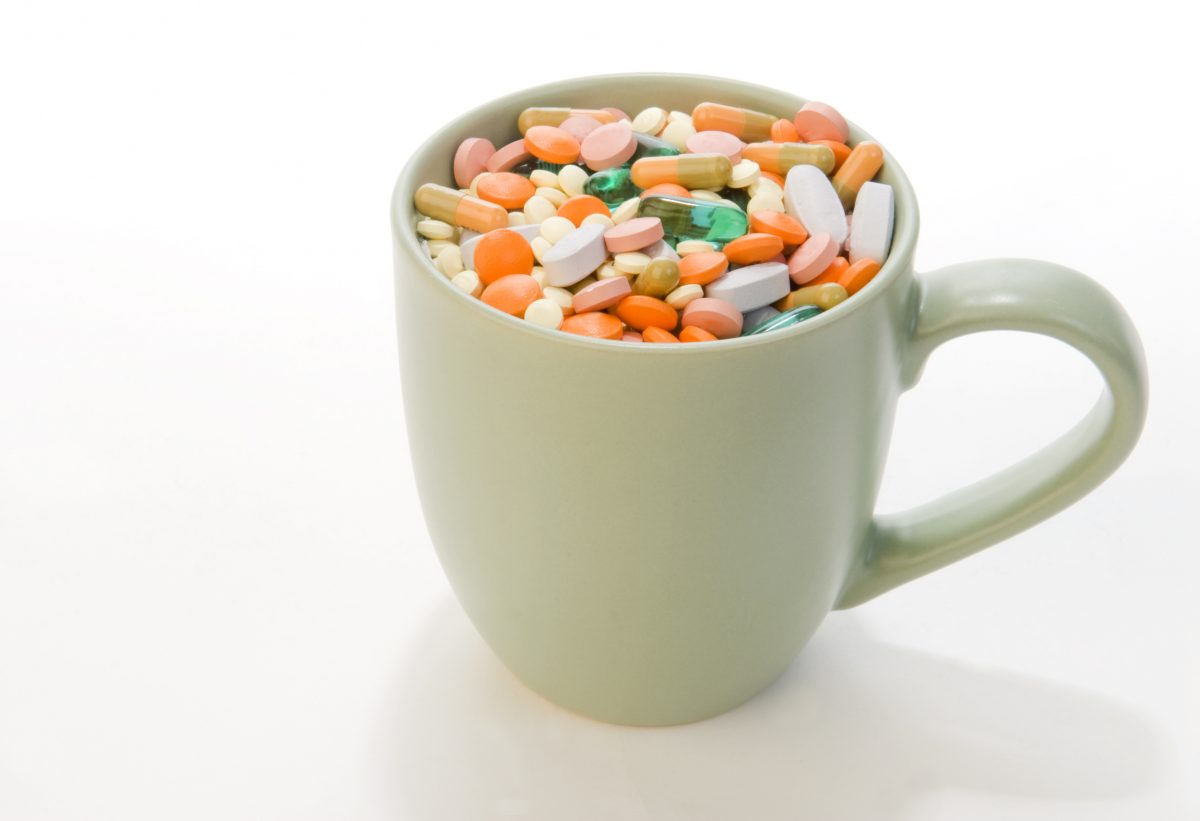A certain drug stands out in a recent report on the medicines used and abused in Northern Ireland, writes Terry Maguire
Publication of the Statistics on General Pharmaceutical Services in N Ireland is not, I suspect, a much-anticipated annual event and this might go some way to explain the lack of media attention when the report was released in the first week of July.
The report provides the facts and figures on the medicines N Ireland used, misused and abused last year and, for me at least, it makes for interesting if not depressing reading. It would be better if I could confidently say that the £444 million our health service spent on the 43.1 million prescriptions dispensed in 2019/2020 represented value for money. The data suggests this might not be the case.
Medicines are an extremely important aspect of modern healthcare and there is compelling evidence of the benefit to society from the availability of a range of safe and effective medicines. The role of pharmacy, if anything, must be to support the proper use of medicines, meaning the right medicine for the right medical condition to achieve the right outcome and, most importantly, to improve the patient’s quality of life. This is the ideal, but for much of our professional work, the ‘real world’ proves less than ideal. There is an extensive, and poorly studied, cultural aspect to medicine-taking that complicates this ideal.
In the last fiscal year, N Ireland, as part of the UK, spent £229.83 per head of population on medicines, whereas the devolved Health Services of Wales, Scotland and England spent much less. England spent £161.29 per head of population, and Scotland, £182.43.
Given that England has less social deprivation, Scotland might be a better comparator for N Ireland, but I still struggle to find much evidence that the £50 per person more we spent compared to Scotland delivered any additional health and wellbeing for our population. This additional £85 million, I would suggest, would be better invested in, for example, community pharmacy services to improve medicine use and perhaps community development services to support the significant social challenges and poorer health outcomes for those in the lowest socio-economic groups.
As it is relatively ineffective in the management of chronic pain, with a strong potential for addiction, this report might be highlighting the emergence of a significant public health problem
In the absence of proper support, this group consumes a higher proportion of medicines. For too many years, the Health Service has been starkly aware of the discrepancy between our medicine costs compared with other UK regions. Huge efforts have been made to reduce inappropriate medicine use and whereas improvements were made, this report seems to suggest we are slipping backwards. Some 25 per cent of the medicines dispensed last year were classified as ‘central nervous system medicines’; a very broad category including depression, anxiety, movement disorders, pain, and much more. We use much more antidepressant drugs than other UK regions and this use is most prevalent in areas of high social deprivation.
I rather tire of the excuse that this is because of our ‘legacy of the Troubles’. That is much too lazy and politically expedient a conclusion. Social deprivation drives poorer health outcomes, including poorer mental health, and that’s why antidepressants are so widely prescribed, but they certainly are not a long-term solution.
Epidemic of pain
We also seem to be in an epidemic of pain. A stand-out medicine in the report is co-codamol, a combination of paracetamol and codeine used for pain management and which also is highly addictive. It is this latter feature that might be the main driver for our excessive use of this medicine. Codeine is an opioid and in the body is converted to morphine which, at the higher doses of two 30 milligram tablets (60 milligrams), is equivalent to 10 milligrams of morphine sulphate; a Schedule 2 controlled drug.
At the 60mg dose, there is no doubt of an analgesic effect, but this is only a moderate effect and only for acute conditions. It is relatively ineffective in chronic pain control. There is surprisingly little evidence for the effectiveness of the lowest dose of the codeine/paracetamol combination compared to paracetamol alone. It is likely that the only additional benefits from two co-codamol 8/500 tablets compared to two paracetamol is constipation and a ‘fuzzy’ feeling. Ibuprofen alone, or in combination with paracetamol, is the most effective treatment for acute, mild-to-moderate pain.
Co-codamol stands out in the report as the only drug listed on two key tables. It is listed number three in the 10 most frequently prescribed medicines, with 1.25 million prescriptions last year. It is also listed in the top-10 most expensive medicines, with an annual spend of £44 million. As it is relatively ineffective in the management of chronic pain, with a strong potential for addiction, this report might be highlighting the emergence of a significant public health problem.
The lower-dose version, co-codamol 8/500, available over-the-counter (OTC) and widely used, is additional to the figures in the report. There are concerns about its use and it is likely that OTC supply will be blocked by the medicines regulator, the Medicines and Healthcare Regulatory Authority (MHRA), within the next 12-to-18 months. Ironically, the OTC version predates the current rigorous assessment of medicine safety and efficacy and it seems it only exists because of the legal requirement to keep the daily dose of codeine below the level that legally requires it to be a prescription-only medicine.
Co-codamol is only one of a long list of medicines that require more rational use so that they really help patients and improve public health, rather than being, literally, the opium of the people.








